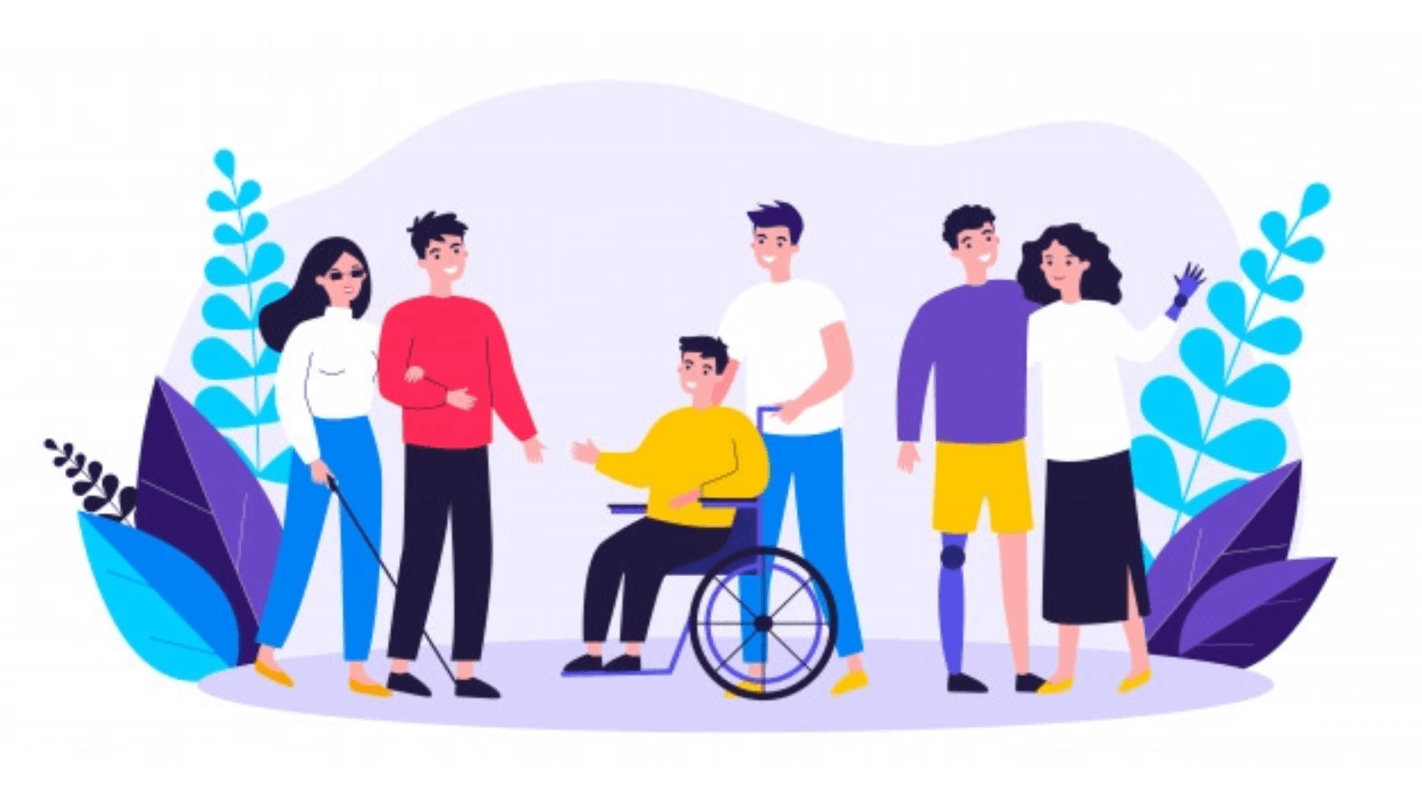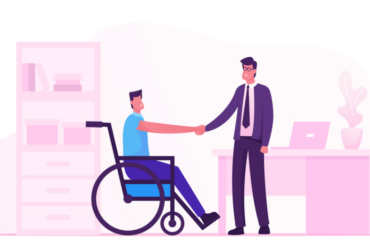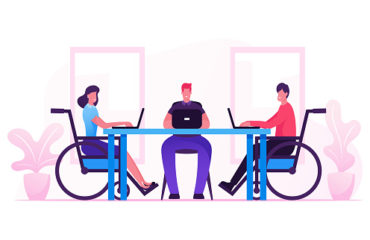
What is an Inclusive Workplace?
An inclusive workplace is one that values individual differences in the workforce and makes them feel welcome and accepted. Inclusivity and diversity are moral and legal responsibilities and employers are working hard to give diverse voices a platform. With a rising number of young differently-abled adults entering the workforce, it is becoming increasingly important to help build awareness about inclusivity & diversity among employers.
There is the potential for millions more to become the success stories of tomorrow if allowed the opportunity to live out their dreams. India is undergoing an ecosystem transformation that can enable our PwDs to live independent and fulfilled lives. So to celebrate our success in inclusion over the last few years, we at Reservoir have decided to highlight some key initiatives undertaken by top organizations in this country to prep for the journey that lies ahead of us towards creating a truly inclusive employment environment.
LEMON TREE HOTELS
Lemon Tree Hotels is an organization that has been striving for inclusivity early on. As early as 2007, they were doing trials with hiring employees with autism to work in their restaurant coffee shops. Prior to that, they have conducted similar trials successfully with individuals with Down Syndrome as well. With 24 hotels in development, Lemon Tree is aiming to step up recruitment of people it calls “opportunity-deprived Indians”, including those with physical disabilities and young people from deeply disadvantaged economic and social backgrounds. All told, approximately 12% of their total 4,600-strong workforce is individuals with various types of disabilities.
“There is no charity in all of this,” says Aradhana Lal, Lemon Tree’s vice-president of sustainability initiatives. “This is not done as charity or corporate social responsibility. It is part of our business model and it has become our culture.”
FUTURE GROUP
Future group is another such organization which has made headway in this space. Since 2014, they have hired over 250 differently-abled employees at its stores & as of today, over 50 percent of Future Retail stores have at least one differently-abled employee. As a result, 150 Big Bazaar and FBB stores have seen 1,00,000 first-time disabled shoppers to date. One suggestion from their differently-abled employees was to observe a Quiet Hour once a week when the store would dim the lights, switch off the music and ensure less noise so that people with neural disabilities such as down syndrome and autism who may have a heightened sense of touch, light, and sound can shop. This initiative has got the company 15,000 first-time shoppers within six months.
“The reason for our existence is the creation of a shopping environment and driving consumption. If we don’t serve that 2 percent of India that has some disability, our agenda cannot be complete. ” says Sadashiv Nayak, Chief Executive Officer, Future Retail.
Some other organizations which have strong Diversity & Inclusion Initiatives include, Wipro, where more than 500 employees with disability work in various roles across geographies. Over 70% of differently-abled employees are in roles including technical lead, architect, developer, tester, project manager and project lead. Infrastructure, HR systems, and other key applications, support like screen readers and sign language services have been made accessible to them.
Amazon India has more than 350 associates with hearing disabilities across its fulfillment centres and sorting centres. The company pioneered a ‘silent delivery station’ in Mumbai with Mirakle Couriers, a service partner that employs people with hearing disability.
Vindhya Infomedia Pvt Ltd is the only company to recruit mainly PwD for all their job roles in Data Processing, Data Entry Data Management & Data Conversion. Out of 1600 employees, 62% of them are differently-abled and have been working with the company efficiently since 2006.
It has often been said that in India, “disability is not a condition, but a culture”. We live in a society that stigmatizes any person who doesn’t fit into what has culturally been defined as ‘normal’. Our job is to challenge these stereotypes, fight bias, broaden perceptions, improve situations and help create an equal world where opportunities are not distributed on a discriminatory basis rather than accept and embrace diverse needs of the new-age workforce. The most innovative companies of the future will understand both the societal and business value in fighting these stereotypes & help empower the millions who are striving to achieve their dreams.



You must be logged in to post a comment.